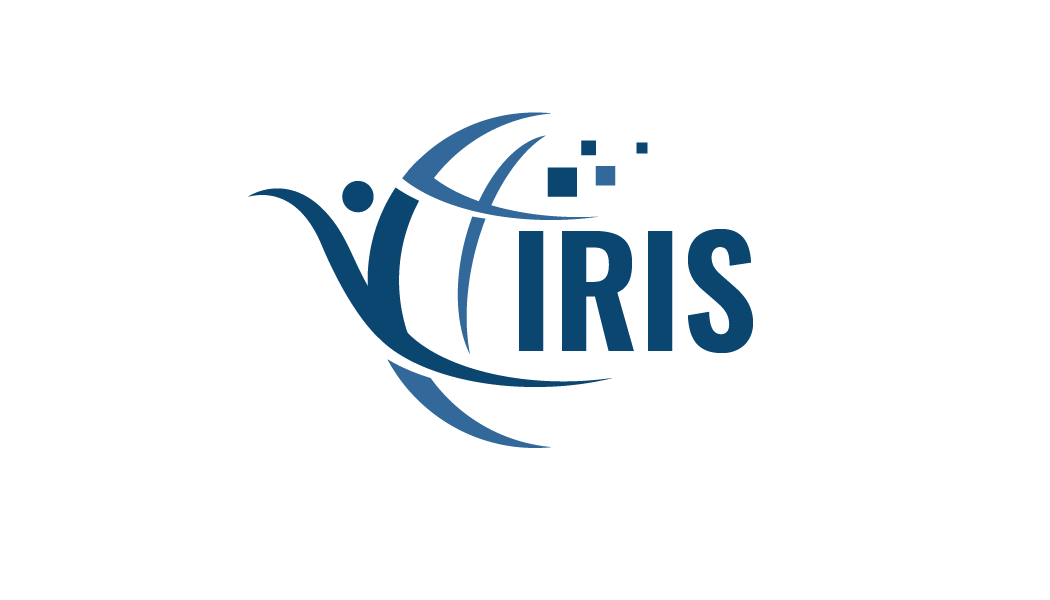14th Scandinavian Conference on Information Systems
Abstract
Recent developments in artificial intelligence (AI) promise significant benefits but also invoke novel risks and harms to individuals, organizations, and societies. The rising role of AI necessitates effective AI governance. However, translating AI ethics principles into governance practices remains challenging. Our paper recasts the “AI ethics translation problem” from a unidirectional translation process to a bidirectional interaction between multiple institutional logics and organizational AI governance practices. We conduct a theory adaptation study using the AI governance translation problem as a domain theory and institutional logics and institutional pluralism as method theories. Using this framework, we synthesize key AI governance practices from the literature and outline four central institutional logics: AI ethics principlism, managerial rationalism, IT professionalism, and regulatory oversight. The institutional logics and AI governance practices reciprocally influence one another: logics justify practices, and practices enact logics. We provide an illustrative analysis of the ChatGPT chatbot to demonstrate the framework. For future research, our conceptual study lays a framework for studying how plural institutional logics drive AI governance practices and how practices can be used to negotiate conflicting and complementary institutional logics.
Recommended Citation
Minkkinen, Matti and Mäntymäki, Matti, "THE INSTITUTIONAL LOGICS UNDERPINNING ORGANIZATIONAL AI GOVERNANCE PRACTICES" (2023). 14th Scandinavian Conference on Information Systems. 12.
https://aisel.aisnet.org/scis2023/12


